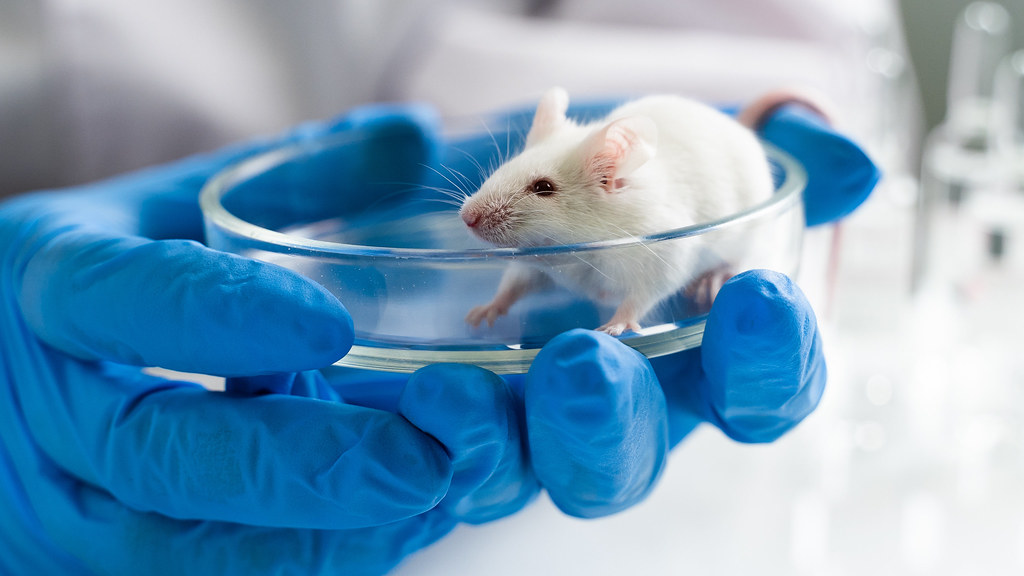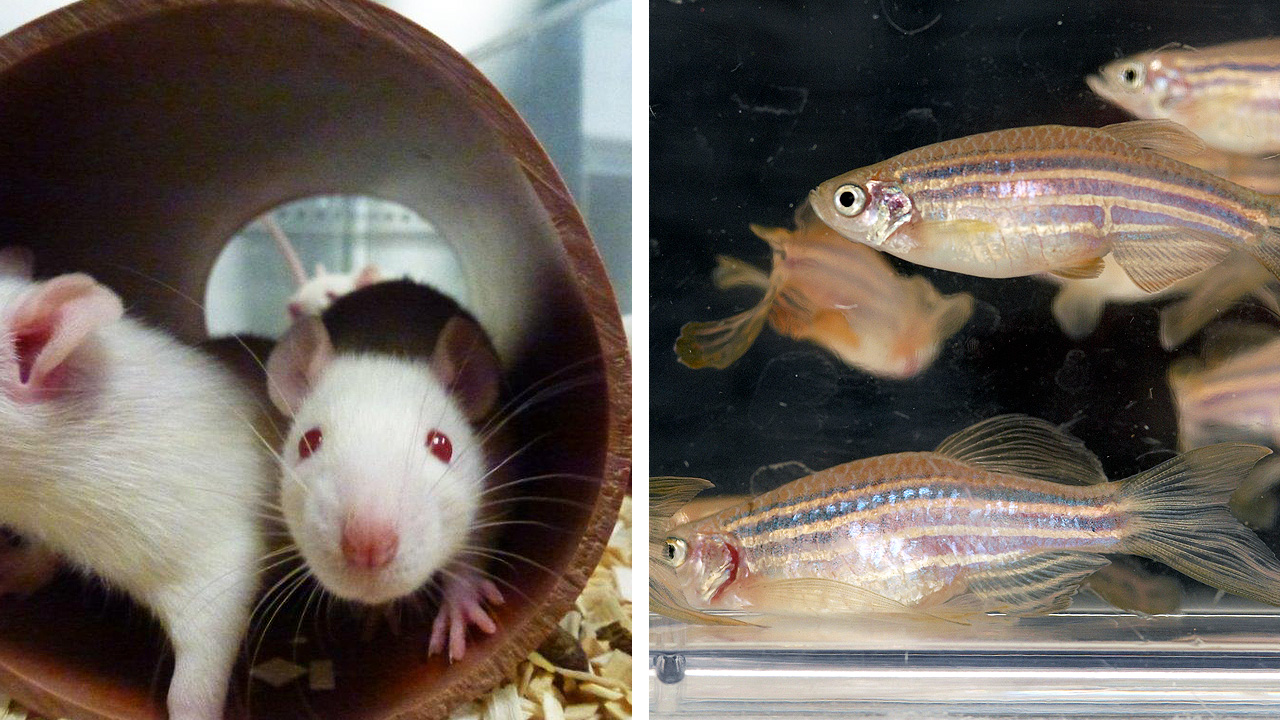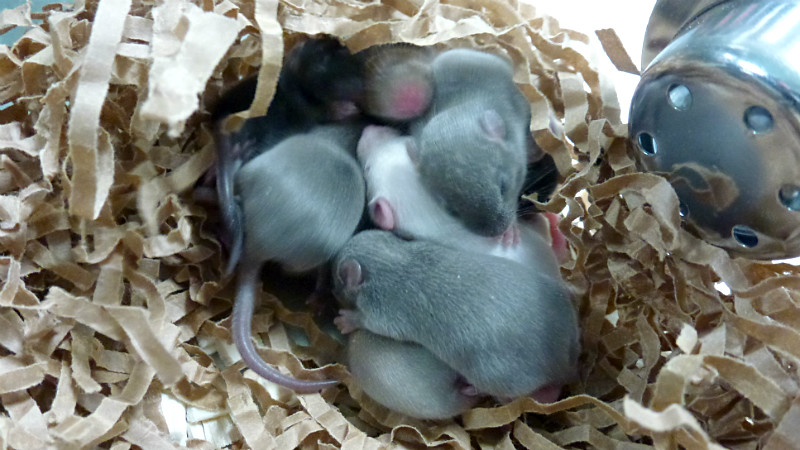University of Bath scientist awarded for career-long work promoting openness in animal research

Prof Sarah Bailey was recognised by Understanding Animal Research for her work over a decade encouraging transparency of scientific research involving animals.











